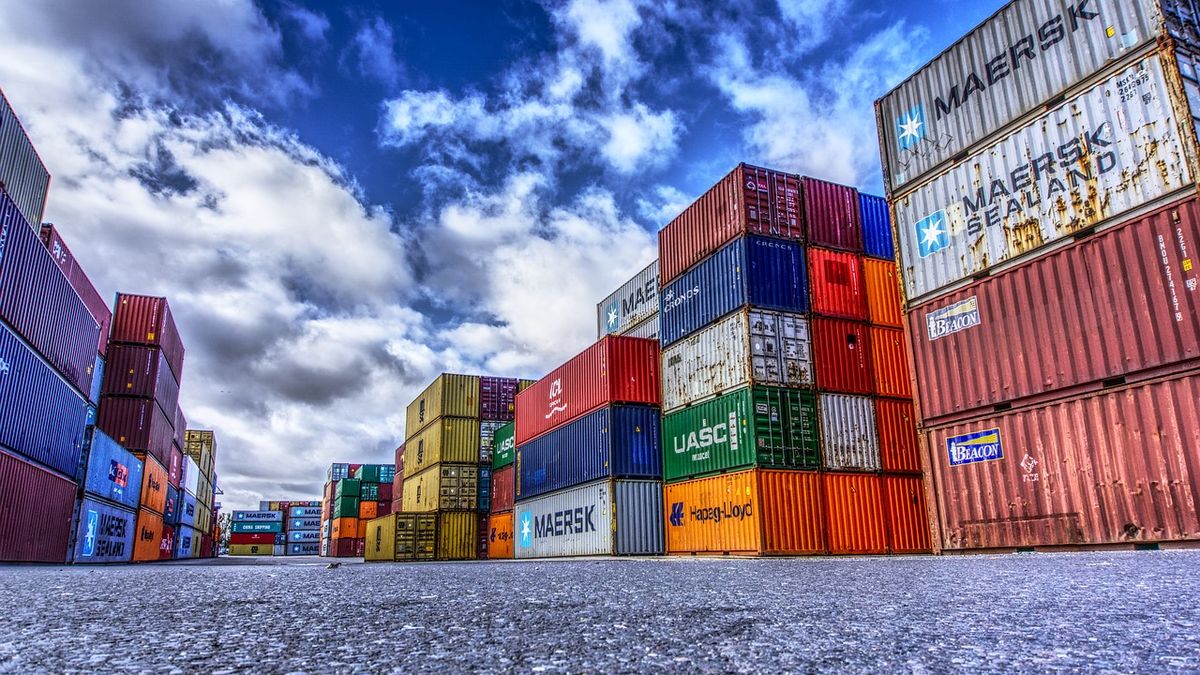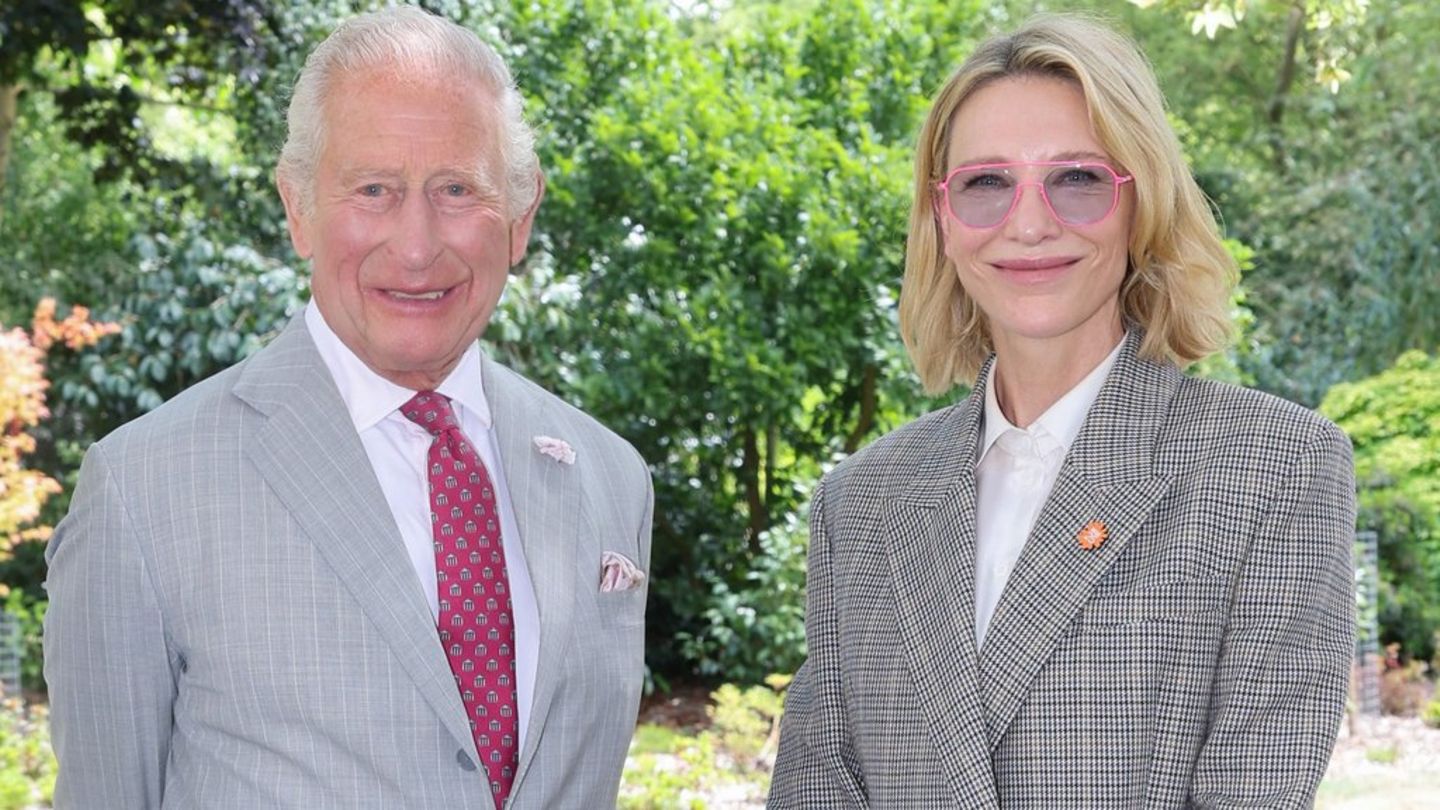The placement of Uruguayan goods and services abroad would grow by 16.6% if the country were accepted into the select economic group, projected the study “Impacts of the CPTPP and the entry of new members China and Uruguay”, carried out by the institute Pharoswhich depends on the National Academy of Economics.
The increase would amount to 60.2% in terms of exports to the 12 member countries of the CPTPP: Japan, Malaysia, Vietnam, Australia, Singapore, Brunei, New Zealand, Canada, Mexico, Peru, Chili and United Kingdom. The trade area represents 13% of world GDP and 14.8% of global trade.
“Uruguay It is the country that most increases its intra-bloc trade and one of those that most expands its exports global, after Japan,” says the study that analyzes the scenarios of a Uruguayan entry, on the one hand, and of the country added to China, on the other.
The document, prepared by Pedro Moncarz, Flavia Rovira, Sebastian Villano and Marcel Vaillanthighlights the positive effects of joining the Trans-Pacific Partnershipwhose intention the government of Luis Lacalle Pou presented in December 2022. Trade openness and greater exchange – which also has an effect, although smaller, on trade with non-CPTPP member countries – will raise national GDP as a consequence of an increase in consumption and tariff benefits.
The cost for the exports Uruguayans reach the markets that are part of the Trans-Pacific Partnership would be reduced by 30%. “This is verified despite being Uruguay an economy far from the large Asian markets because the country does not have agreements with any of the Asian countries,” the study noted.
Uruguay’s request for accession to the CPTPP has the support of New Zealand and Australia, but a long consideration process is foreseen that, as is the case with the Free Trade Agreement (FTA) with Chinawill face the factor Mercosur. That is, the risk that the trans-Pacific bloc leans towards a block-bloc pact.
The vice chancellor Nicolas Albertoni He recognized this risk during the presentation of the work, commenting that the consultation on whether Uruguay would negotiate jointly with Mercosur or whether it would do so bilaterally was present in the seven rounds of negotiation that have been held so far by the CPTPP.
Source: Ambito




